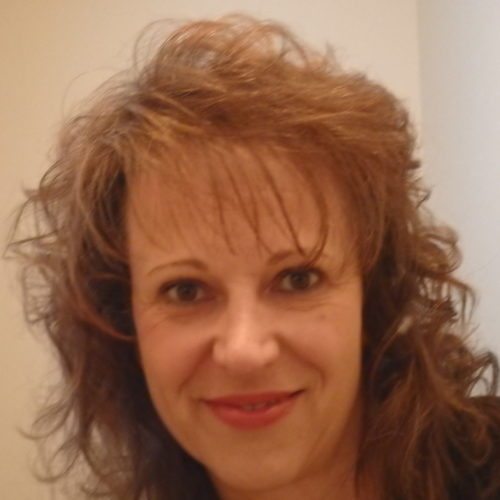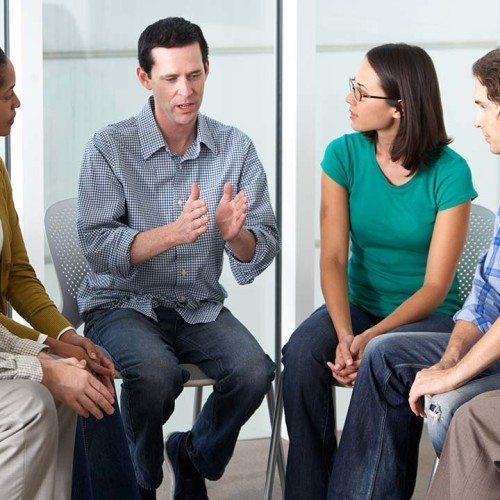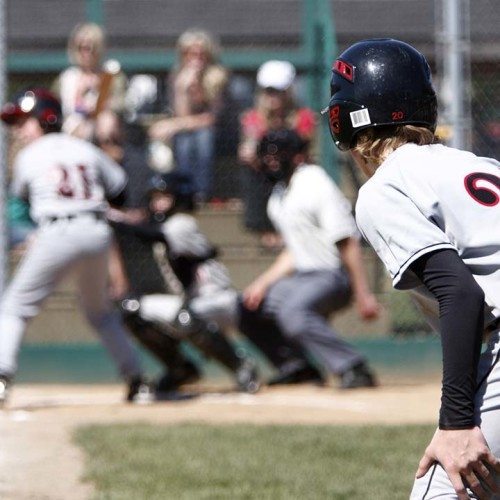Sulah offers restorative approaches to identity-based harm across conflict and crime when someone’s identity or aspects of their identity underpins the harm.
People come from a range of backgrounds and experiences which inform or impacts instances of harm. Some examples of relevant identities to situations of harm include race, immigration status, age, socio-economic status, gender identity, sexual orientation, religion, and ability.
To view a recent report outlining our accomplishments, click HERE.

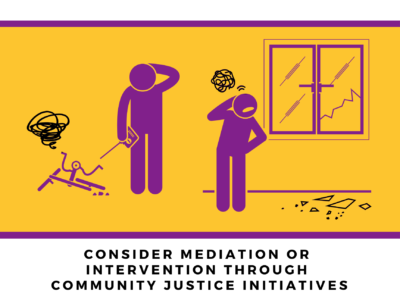
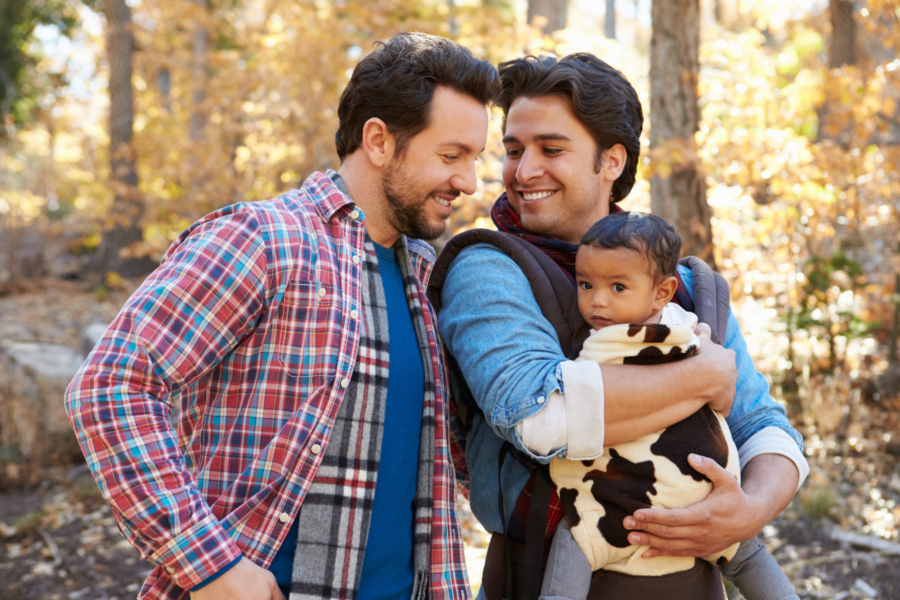
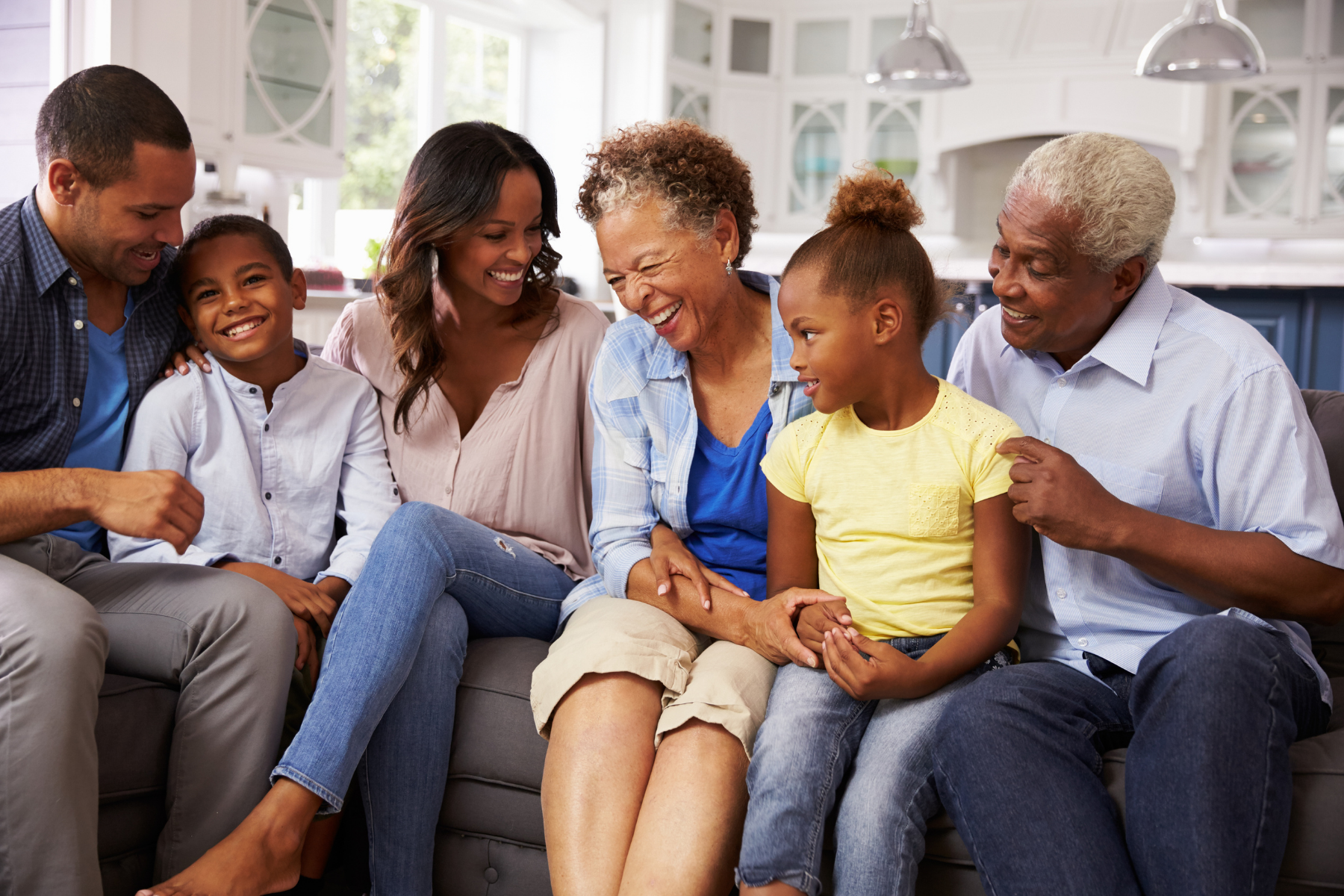
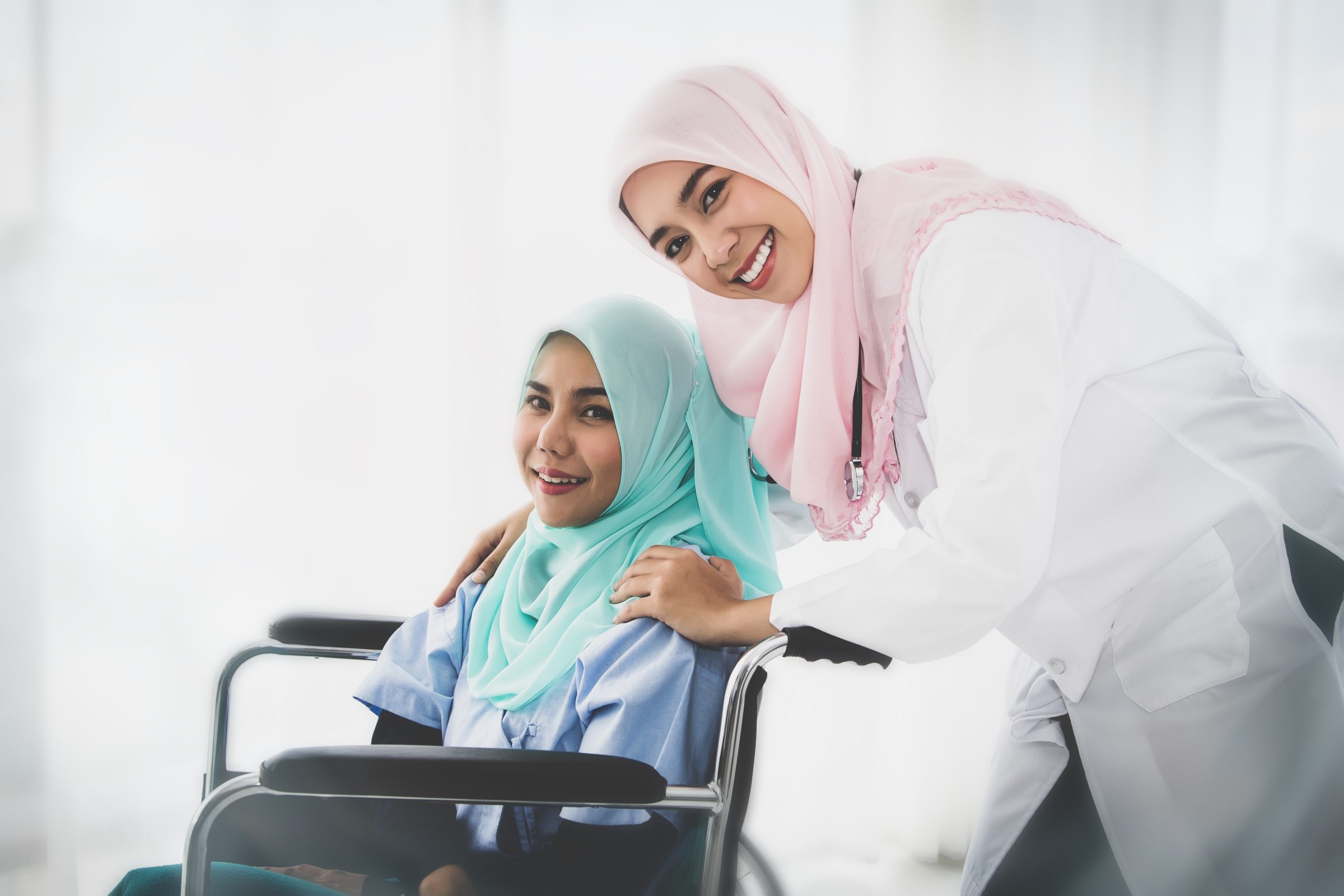
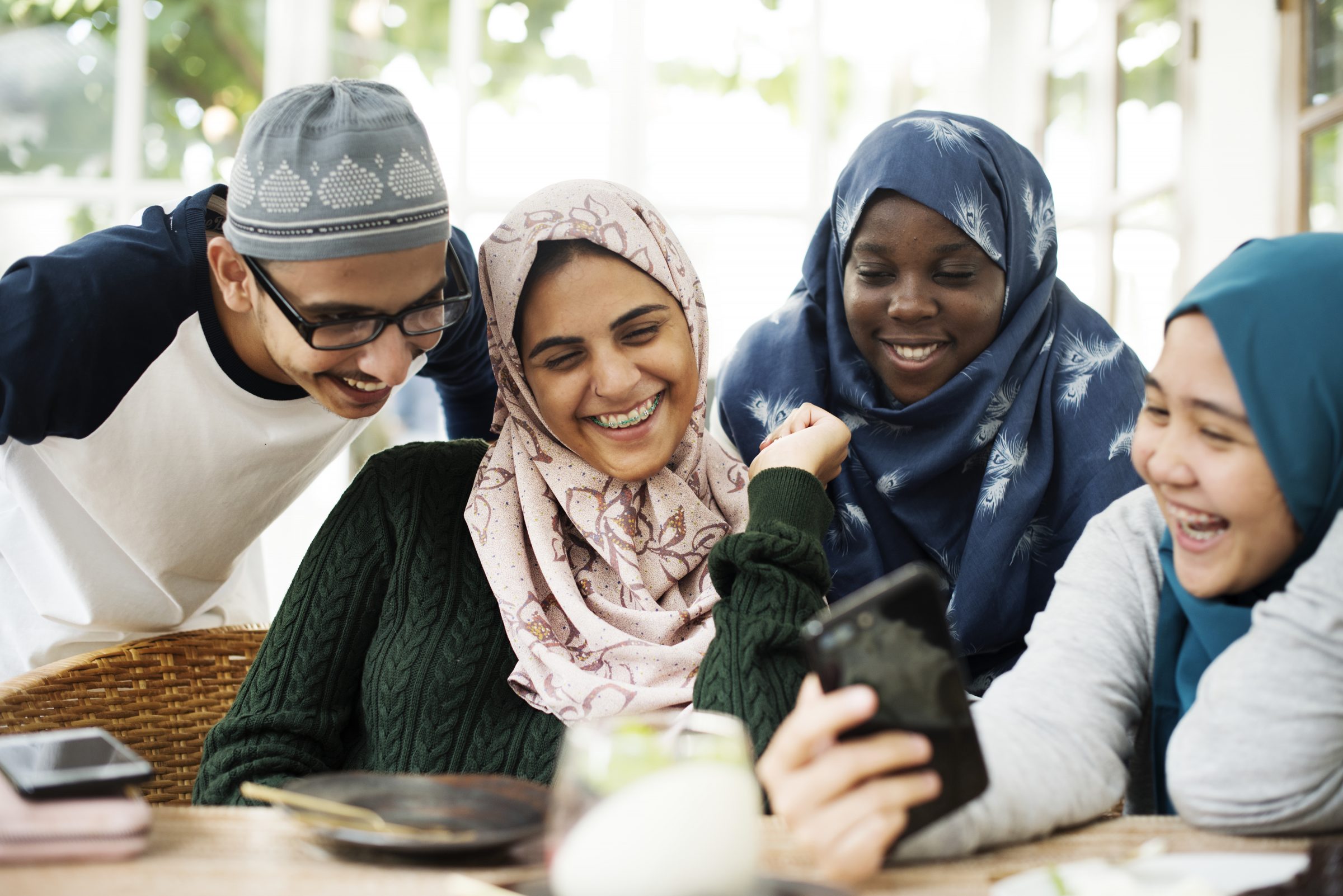
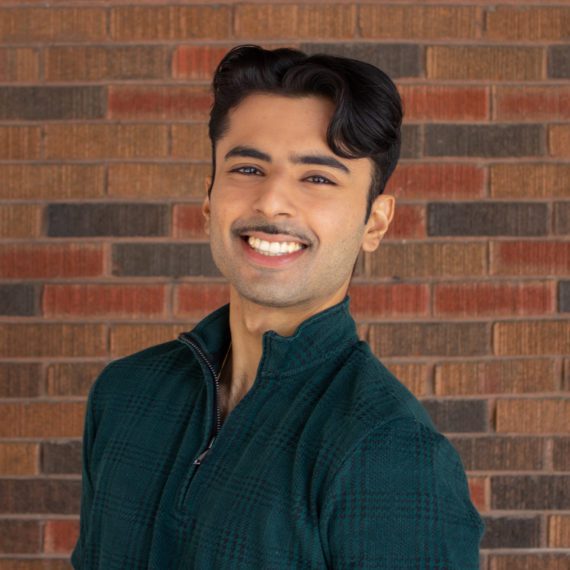
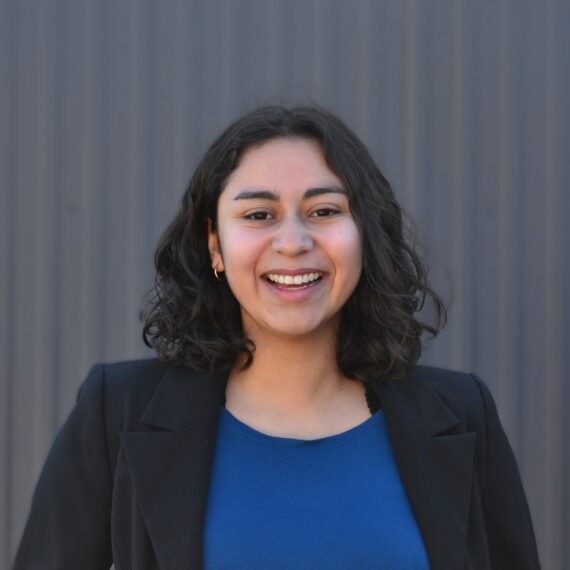

 READ MORE
READ MORE